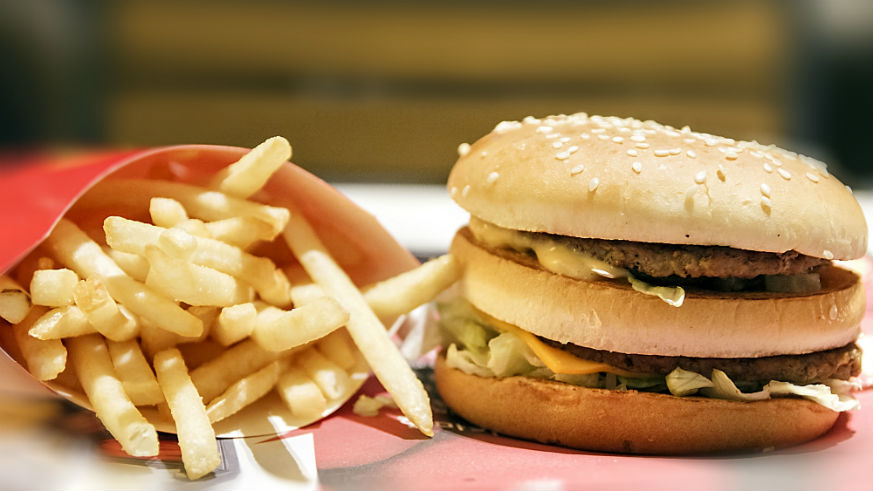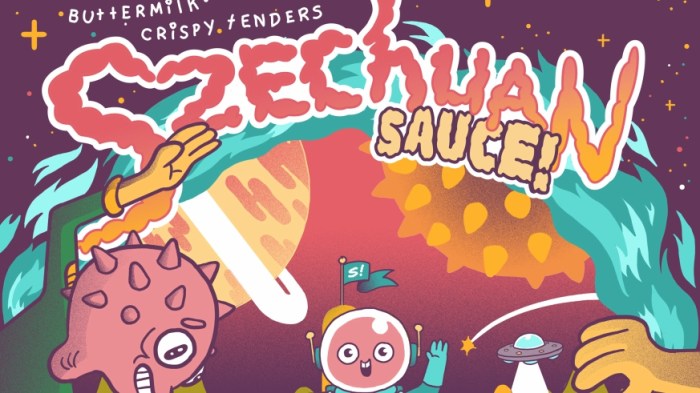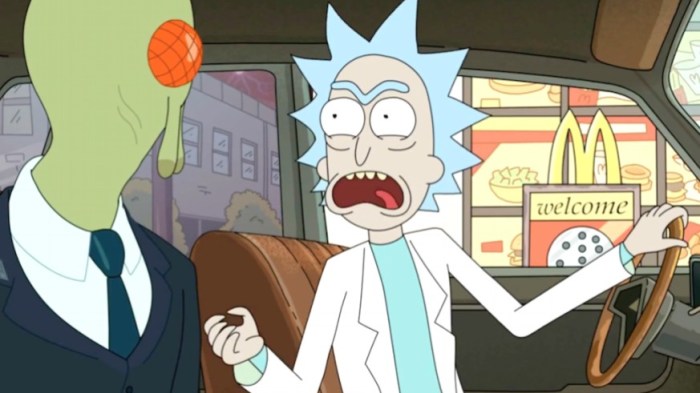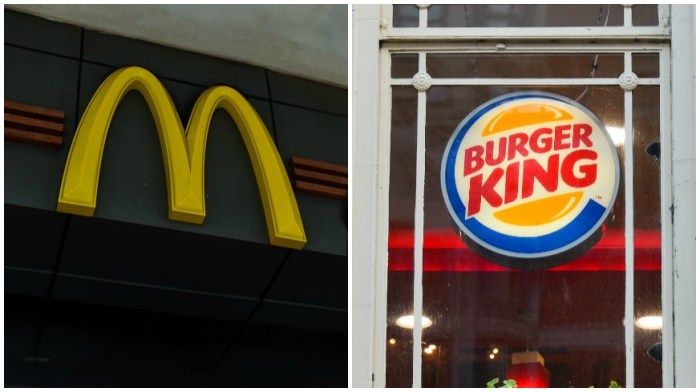McDonald’s sells more than 75 hamburgers every second and serves around 69 million customers daily — so it’s safe to say the fast food chain has loyal customers in its corner. Despite popularity, there have been health concerns over the years and, as a result, the chain has pushed to improve its menu. Even still, a long-standing question remains due to rumored chemicals used in the burgers and Happy Meals: Does McDonald’s food rot?
Dave Alexander — a farmer from Ontario, Canada — tried to test out this theory. He asked the essential question: Does McDonald’s food rot? The answer he got was an apparent (and shocking) no.
Alexander bought a burger and fries in 2012 and left them on a shelf until 2018. He posted the seemingly age-proof meal on eBay with an opening bid of $29.99. The description reportedly read, “This is no joke. This is a legitimate, very real McDonald’s Cheeseburger & Fries that we bought in London, Ontario Canada on June 7, 2012.”
“The fries are stunningly good looking,” the man told CBC Radio last week. “The fries look like they were purchased this morning.”
The eBay listing has been taken down, but before it was, bidding (somehow) reached $82, according to Thrillist.
I’m selling my 6 YEAR OLD McDonald’s Cheeseburger & Fries! You KNOW you want to buy them! https://t.co/299KSi8ZKV Get your own piece of undying history today!! Originally Purchased June 7, 2012 @cbcasithappens @oneredpaperclip @CTVKitchener @TheEllenShow
— Dave Alexander (@RWTFarm) July 5, 2018
Does McDonald’s food rot? More experiments
Alexander’s rotting test isn’t uncommon. For years, people have tested the shelf life of McDonald’s to find that burgers and other menu items did not seem to age.
Nutrition consultant Karen Hanrahan kept a McDonald’s burger from 1996 to 2008. After 12 years, it looked mostly the same.
Another woman bought a McDonald’s Happy Meal in 2010. Six years later, she posted pictures on Facebook showing little rotting.
Does McDonald’s food rot? The chain responds
According to HuffPost, McDonald’s addressed this lack of rotting on its questions page with the following: “You might have seen experiments which seem to show no decomposition in our food. Most likely, this is because the food has dehydrated before any visible deterioration could occur.”
An experiment from The Burger Lab suggested that no mold formed because there was little moisture to cause this decay. And McDonald’s offered a similar explanation back in 2012.
One customer wrote to the company with the question “Does McDonald’s food rot?” claiming that the burgers don’t change even after several years. Canadian food scientist Dr. Keith Warriner argued that the rotting experiments circulating the internet portrayed a false claim, and “the reality is that McDonald’s hamburgers, French fries and chicken are like all foods, and do rot if kept under certain conditions.”
Microbes that cause rotting need water, and Dr. Warriner said that, in the case of a McDonald’s burger, “the patty loses water in the form of steam during the cooking process. The bun, of course, is made out of bread. Toasting it reduces the amount of moisture. This means that after preparation, the hamburger is fairly dry. When left out open in the room, there is further water loss as the humidity within most buildings is around 40%. So in the absence of moisture or high humidity, the hamburger simply dries out, rather than rot.”
To view Dr. Warriner’s full explanation, click here.
McDonald’s was not available for immediate response regarding the recent news. But one thing’s for sure: Do not waste your money on a fast food burger, even if you think it’s everlasting.

























